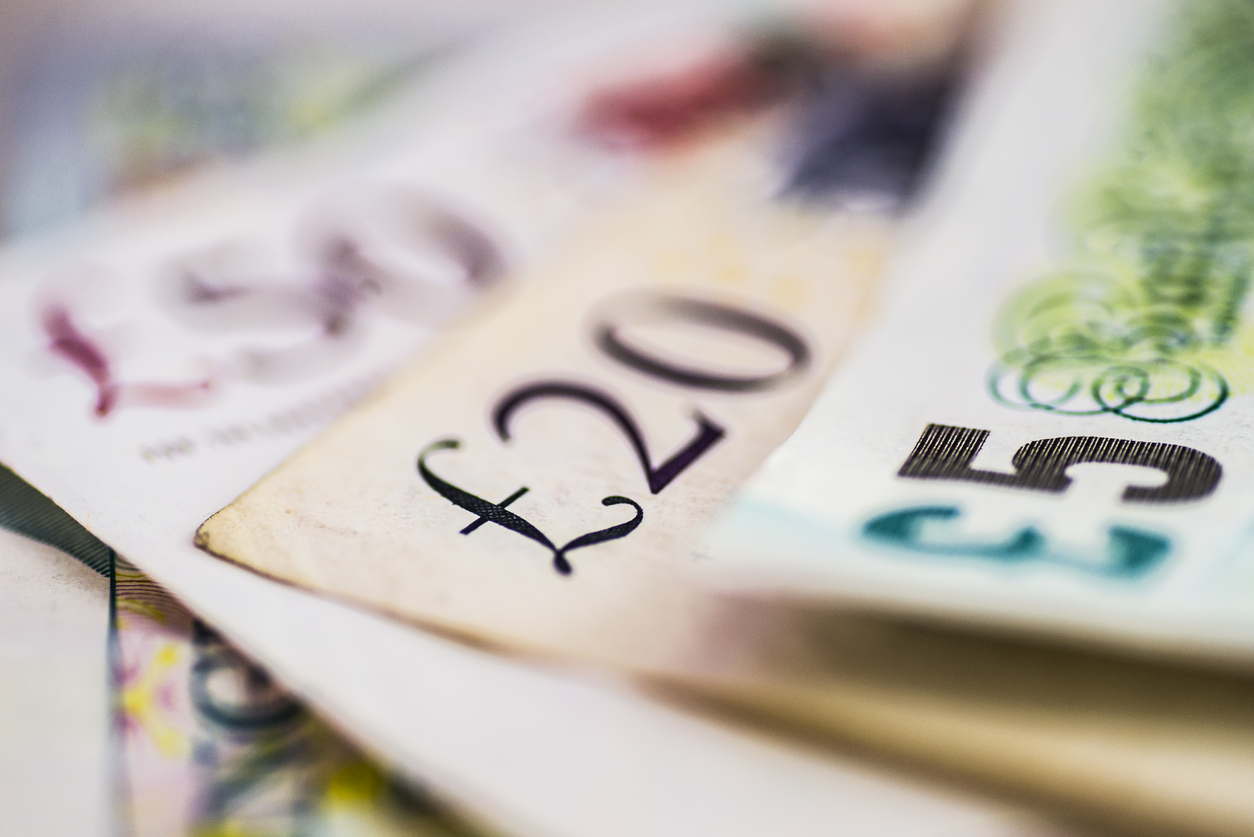With so many complicated savings products on the market these days, it is easy to think back to the days when saving simply meant slipping money under the mattress.
But with interest rates very low, it is more important than ever to make sure your money is working for you as hard as it can be. We look at some of the different types of product available on the market.
Help to buy ISA
The help to buy ISA is available to people saving to buy their first property. You can deposit up to £1,200 in the first month, and up to £200 per month thereafter – and the government will then give you a 25% tax-free bonus on everything you save when you use the money to buy your first home. Although the bonus is so generous, clearly not everyone will qualify for one, and you can’t open a Help to Buy ISA in the same year as a cash ISA.
Cash ISAs
With a cash ISA, you can save up to £15,240 a year tax-free – and you don’t, as many people believe, have to actually tie up your money. While they’ve become much less attractive to some with the introduction of the new personal savings allowance, a rise in interest rates could tip the balance back.
They are good for people paying higher-rate tax – or those who think they might do so in future – and they do have better interest rates than ordinary easy-access savings accounts.
Instant access savings accounts
These accounts offer great flexibility to save and spend your cash when you need to, but they tend to come at the cost of lower interest rates than less flexible alternatives. With interest rates at rock bottom, they are looking extremely disappointing at the moment. However, on a positive note, the new personal savings allowance means basic rate taxpayers don’t pay tax on the first £1,000 of interest on their actual savings (and higher-rate taxpayers do not pay tax on the first £500).
Fixed-rate bonds
If you are prepared to tie your money up for a quite a while, a fixed-rate bond can give better rates of interest. Interest can usually be paid monthly, annually or at the end of the term. However, you need to be able to tie your money up for at least a year and as long as five years, plus there’s always the risk that interest rates will rise while your money is locked away, so you need to think about this and weigh it up against the extra interest.
Current account
It’s probably the last place you’d think of putting your savings, but many current accounts do offer a great rate of interest in turn for a monthly fee. Whether or not these deals make sense for you will depend largely on how much money you are likely to have in the account at any one time, and how much the interest on it is offset by the fee.
Of course, once you’ve decided on the type of savings account you would like, there is a huge number of individual products on the market – and they are changing all the time.
Your best bet is to go to a comparison website such as MoneySupermarket or MoneySavingExpert and compare the rates and terms and conditions.
You’ll need to consider how much you’re likely to be able to save, and whether it will be the same amount every month. You will also need to ask yourself whether or not you can afford to lock the money away, and if so, for how long, this decision needs lots of consideration.
Remember once you don’t have to put all your savings in one place, there is no reason why you can’t save for say your property deposit in one account, and your next holiday in another.



 Bitcoin
Bitcoin  Ethereum
Ethereum  Tether
Tether  XRP
XRP  Solana
Solana  USDC
USDC  Cardano
Cardano  TRON
TRON  Lido Staked Ether
Lido Staked Ether  Avalanche
Avalanche  Toncoin
Toncoin